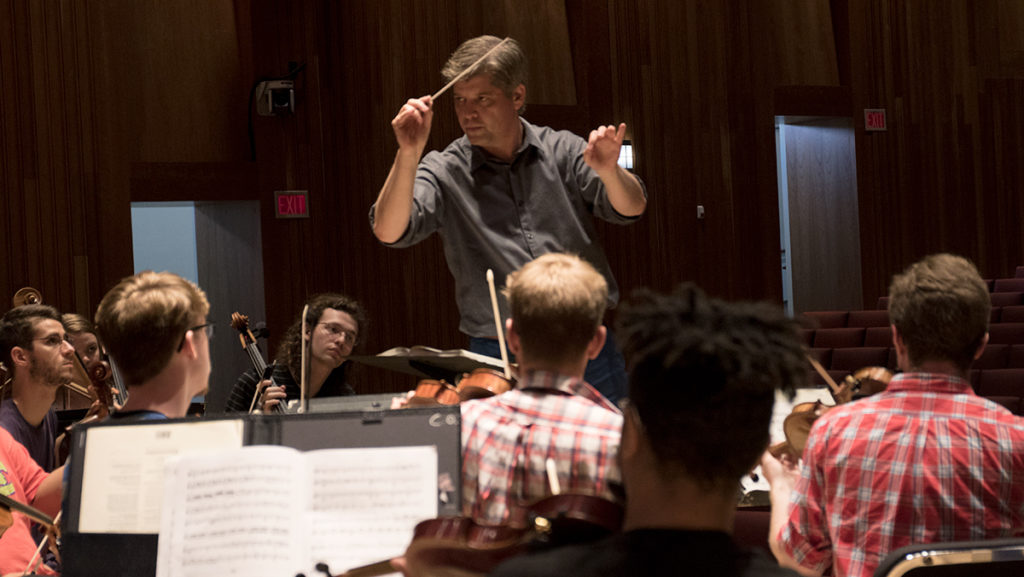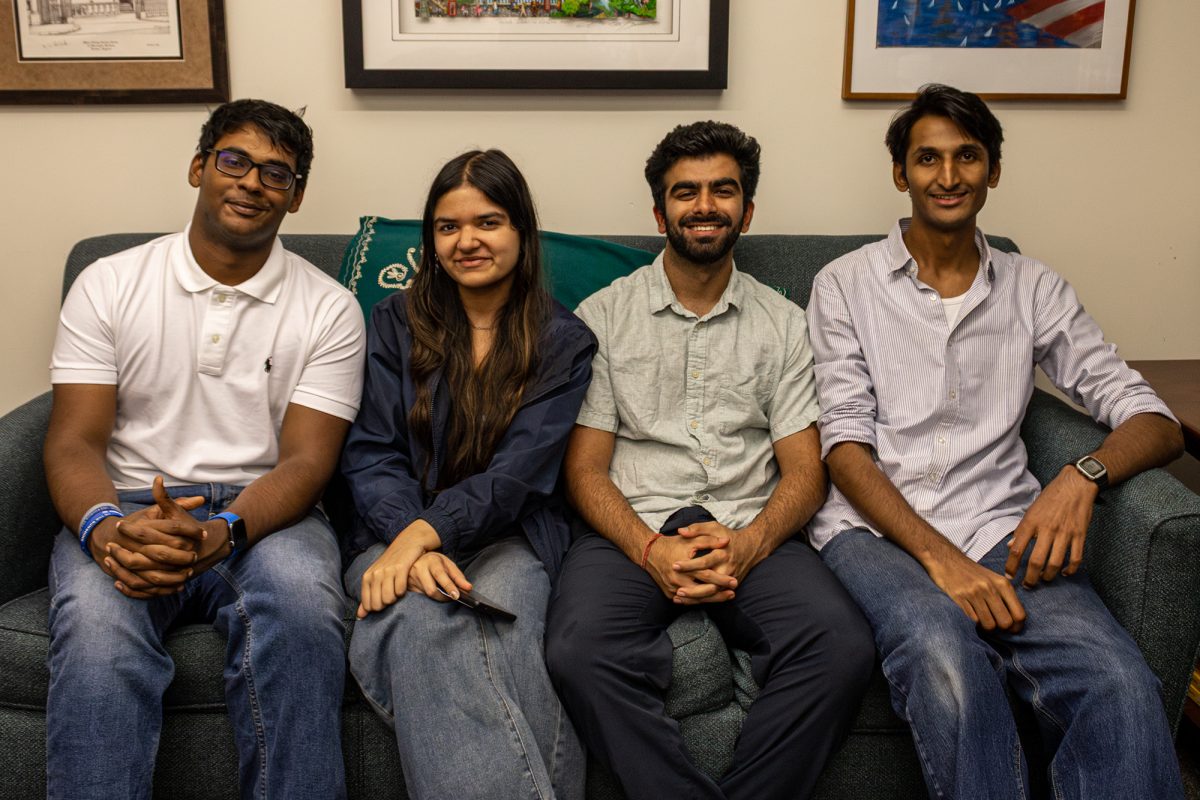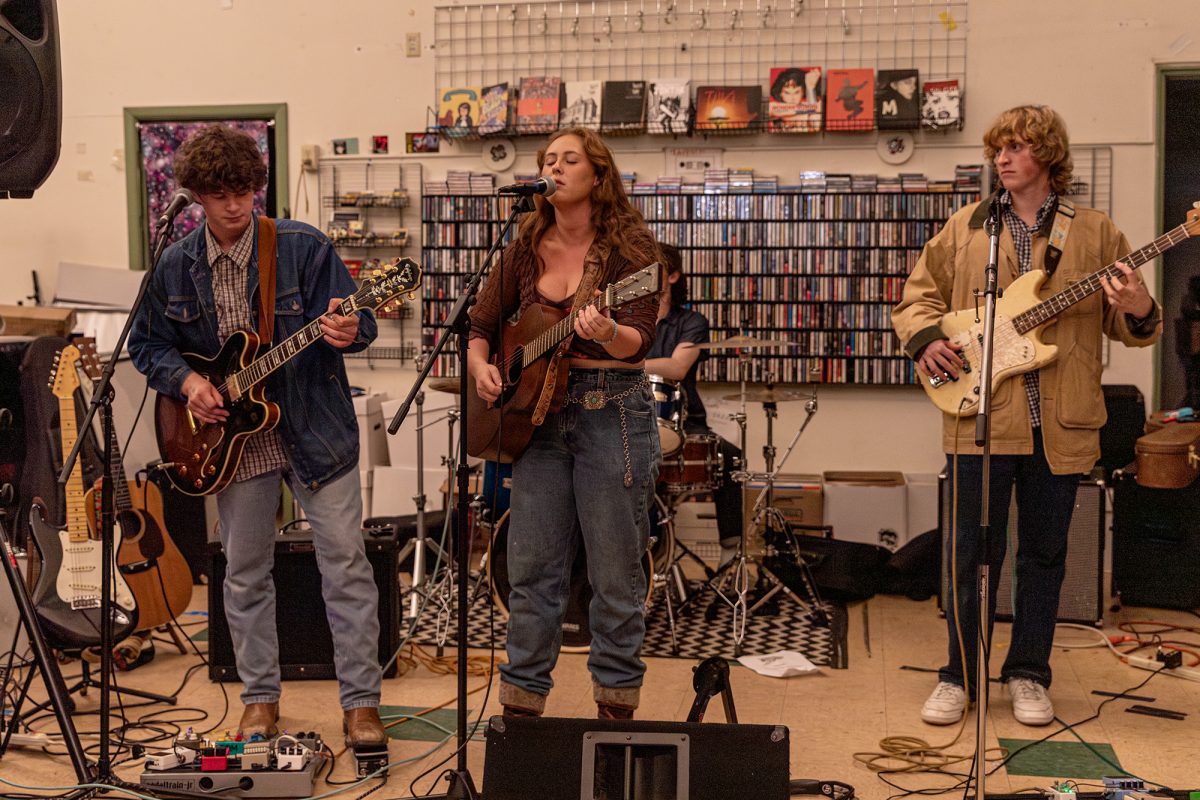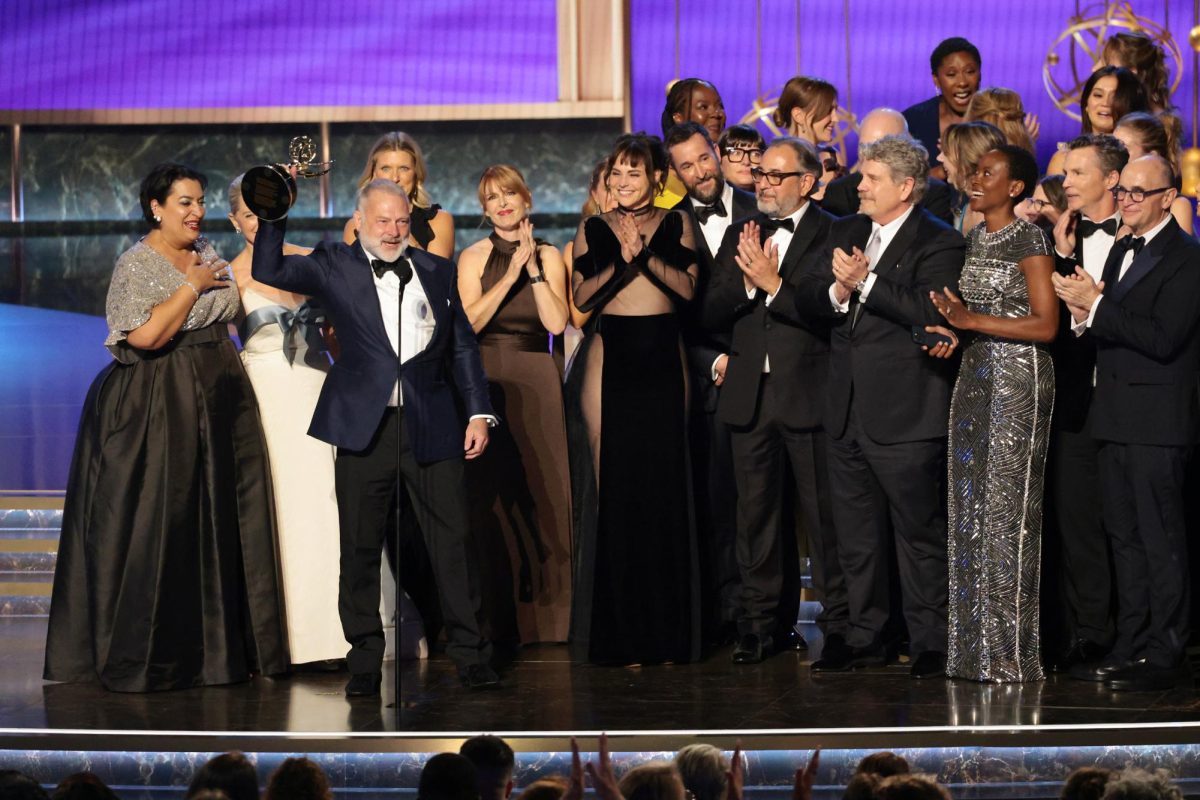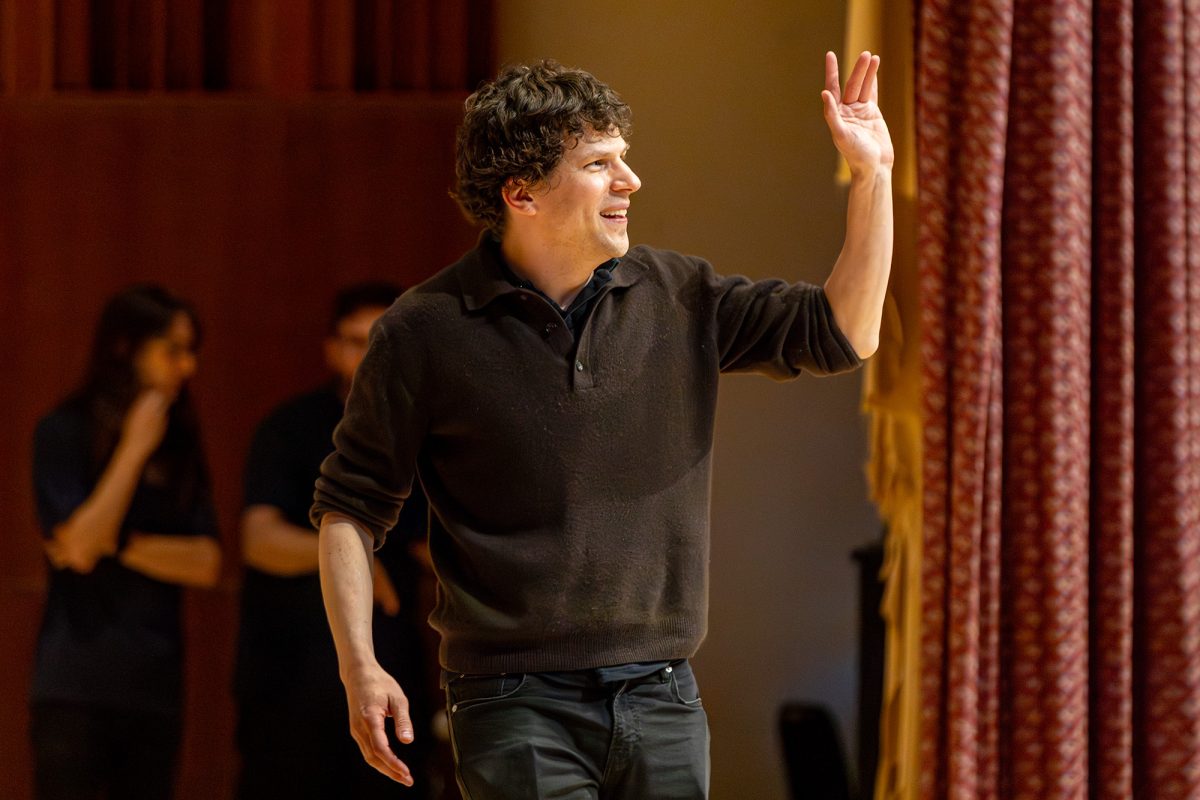As the Chamber Orchestra’s first concert of the year quickly approaches, the group will have only eight rehearsals to master its program while embracing changes to the structure, including a new director.
Michael Hall, assistant professor in the Department of Music Performance, is new to the college and to the orchestra this year. He said in that the past, students were able to join both the Chamber and Symphony Orchestras but that this year, professors in the School of Music have decided to designate students to one so they gain a more focused and immersive education.
A majority of the Chamber Orchestra is composed of juniors, seniors and graduate students. At about 40 students total, the group is different each year, with students who may have never performed together. Every year, students in the orchestra must reaudition during the first week of school, in which case they’re then placed in either Chamber or Symphony Orchestra.
Prior to becoming the director of the Chamber Orchestra, Hall worked with professional orchestras, and he is currently the music director of the Kennett Symphony, which is based near Philadelphia.
Though the Chamber Orchestra has a time crunch with the first concert happening Sept. 11, Hall said the professional groups he has worked with may only get three or four rehearsals before a performance. However, he said, putting in work is something these students are used to.
“One of the positives, I think, of conducting a student orchestra is how eager they are and how new a lot of things are, and that’s a refreshing thing,” Hall said.
He said the pressure to learn and perform quickly is modeled on the reality of life as a professional musician.
“The students in this ensemble are budding professionals, hoping to go on to teach, perform and keep mastering their instrument,” Hall said. “You want to give them opportunities to play pieces that they’re going to play when they go out into the professional world.”
Senior Amy Chryst said she looks to continue playing in smaller orchestras after college. Chryst, a violinist, has been a member of the Chamber Orchestra since her sophomore year. Since the group is on the smaller side, Chryst said preparing for the eight hours of rehearsal per week can be a challenge in itself.
“Your part really matters, so you have to make sure you come very prepared and know your part because there’s only four other people playing [your] part,” Chryst said.
Added to the pressure of learning parts in a timely manner, the program for the concert is packed with diverse, professional-level pieces. Beginning with “La Création du Monde,” written by French composer Darius Milhaud, the audience will first hear a mix of jazz and classical sounds. Hall said this is a personal favorite of his, and it’s meant to be an unusual piece that a majority of the students haven’t played or heard before. Next, the orchestra will play Mozart’s “Clarinet Concerto in A-major,” a classic that will feature Michael Galván, a professor of performance studies who teaches clarinet.
Galván, who has taught at Ithaca College for 33 years, said he has studied this piece since he was in the ninth grade.
“This is one of the most sensual pieces in our repertoire … and it has been studied thoroughly by clarinetists everywhere,” Galván said.
Hall will have Galván performing as a soloist in the piece, accompanied by the students in the Chamber Orchestra.
“One of the things I wanted to do when I came here was incorporate the faculty in performing opportunities,” Hall said.
Chryst said the privilege of attending a concert at the college is incomparable.
“You’d have to pay a lot of money [to attend a concert outside of the college], and here you have the experience to come hear a really wonderful, professional musician — for free,” he said.
After a brief intermission, the last piece of the program is Haydn’s “Symphony No. 103,” otherwise known as the “Drum Roll Symphony.” Another favorite of Hall’s, this piece is reflective of Haydn’s more mature and polished sound. Chryst said there is a stigma against Haydn’s pieces, as many listeners assume the music will put them to sleep.
“We’re definitely trying to show how exciting it is because it really is such exciting music,” she said.
When making the program, Hall said the professors select certain pieces not just to help educate the students, but the audience as well. “I want them to be a part of the story,” Galván said. “If I see smiles [from the audience] because of the sheer enjoyment that’s in the music, then I‘ve done my job.”
After living on and around campus for four years, Chryst said she is hopeful other students may venture out of their respective schools to take a peek into Whalen.
“I love what I’m doing so much, I love the music so much,” she said. “I wish other people knew how wonderful the things we get to do are. If something good is expected of you, you tend to want to give it.”
This is Hall’s first concert with the college.
“I’m already quite hopeful and confident they’re going to do very well,” Hall said.
The Chamber Orchestra has four concerts throughout the year, the first being at 4 p.m. Sept. 11 in Ford Hall.
“Every performance is unique by its very nature,” Hall said. “To sit and to see these very talented students give everything they have to produce this work of art … that cannot be replaced in the same way again is a very exciting prospect.”



